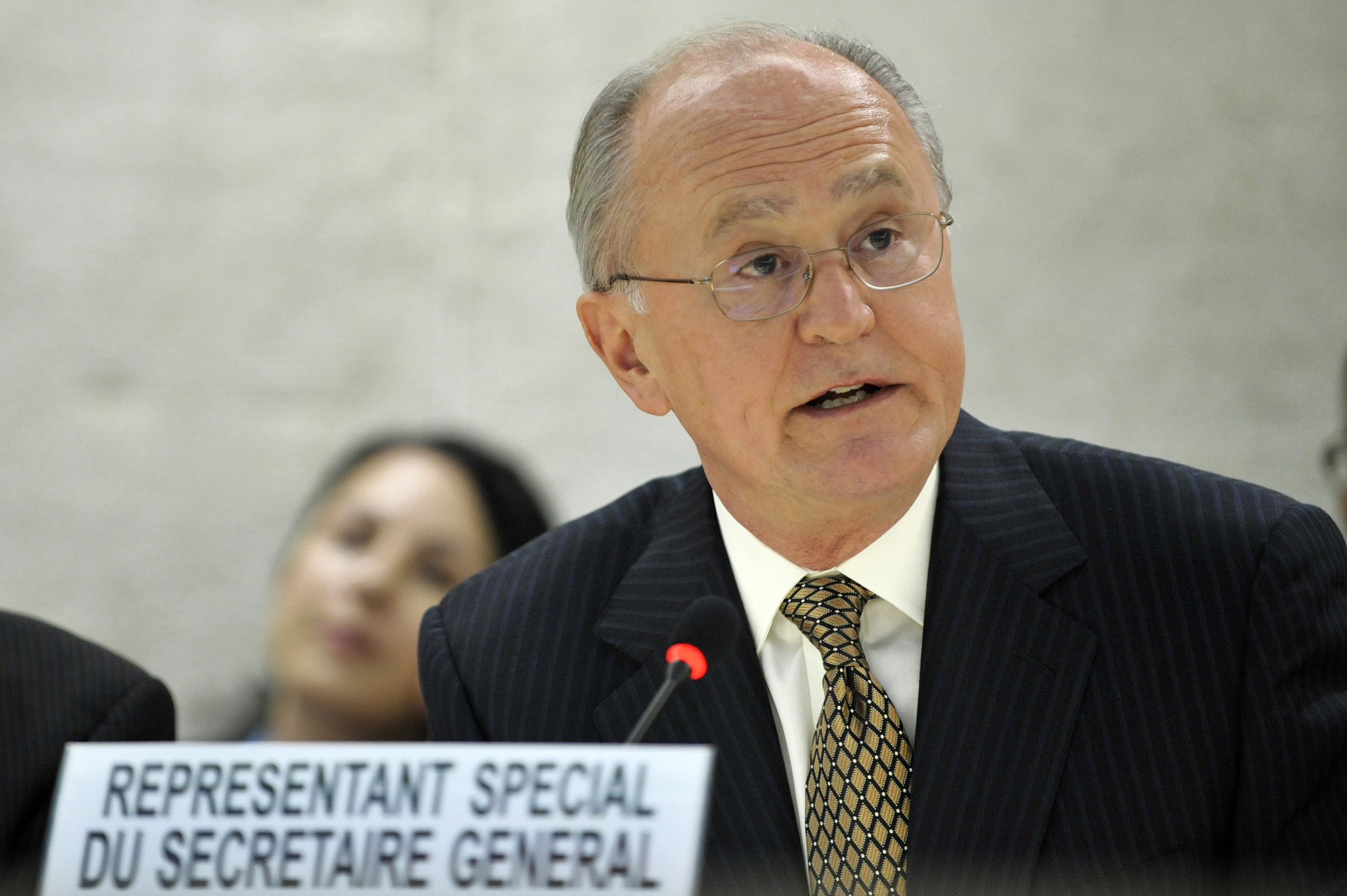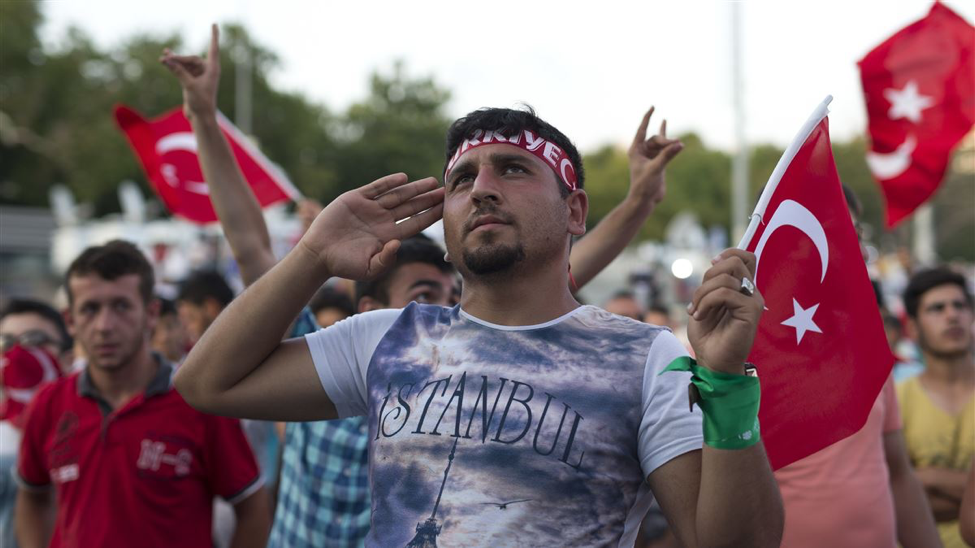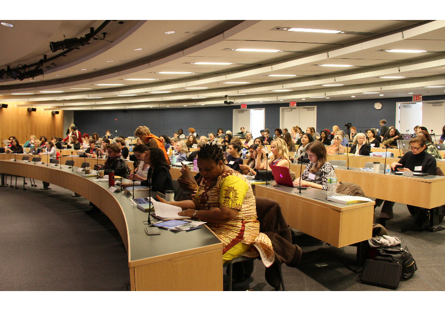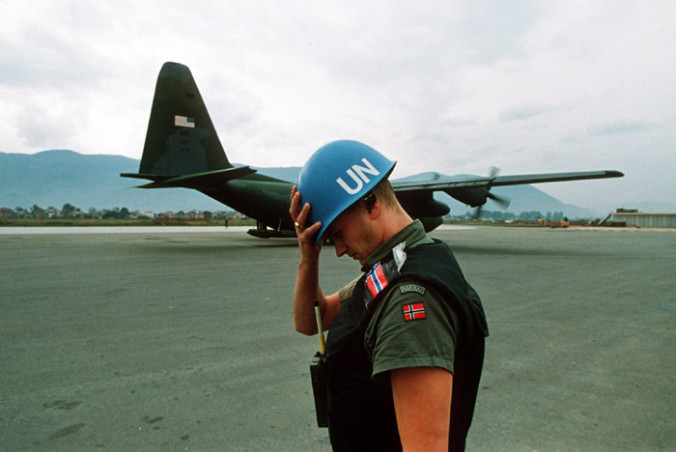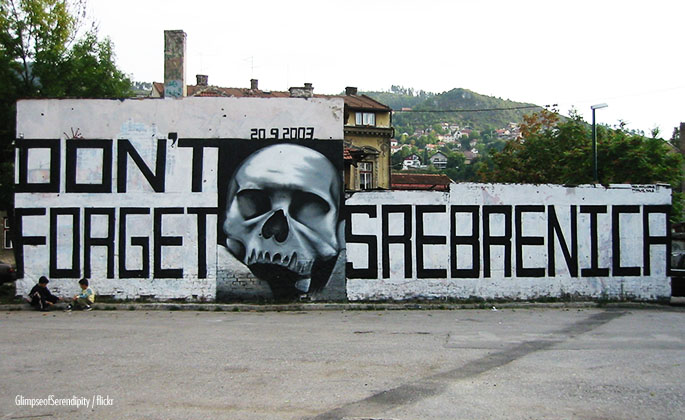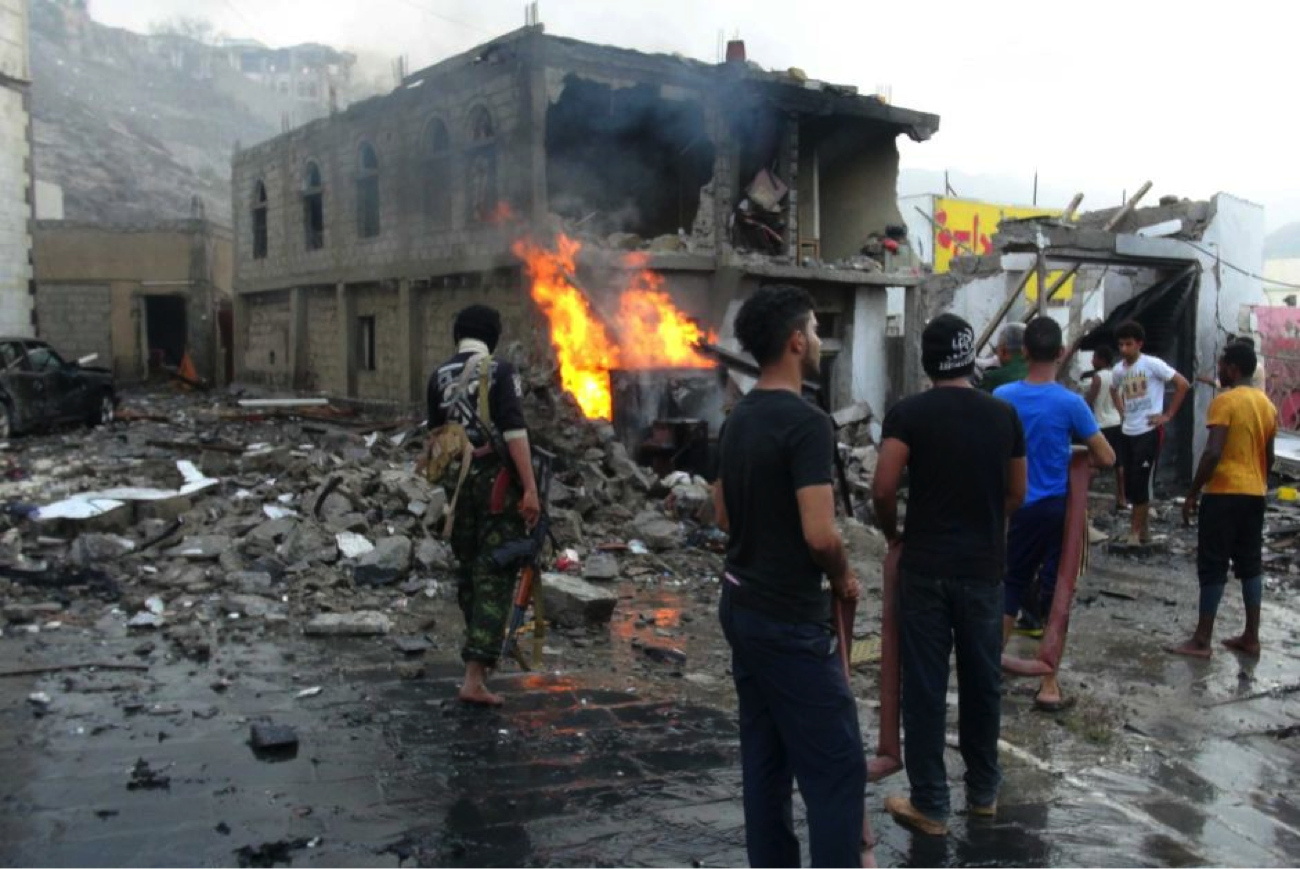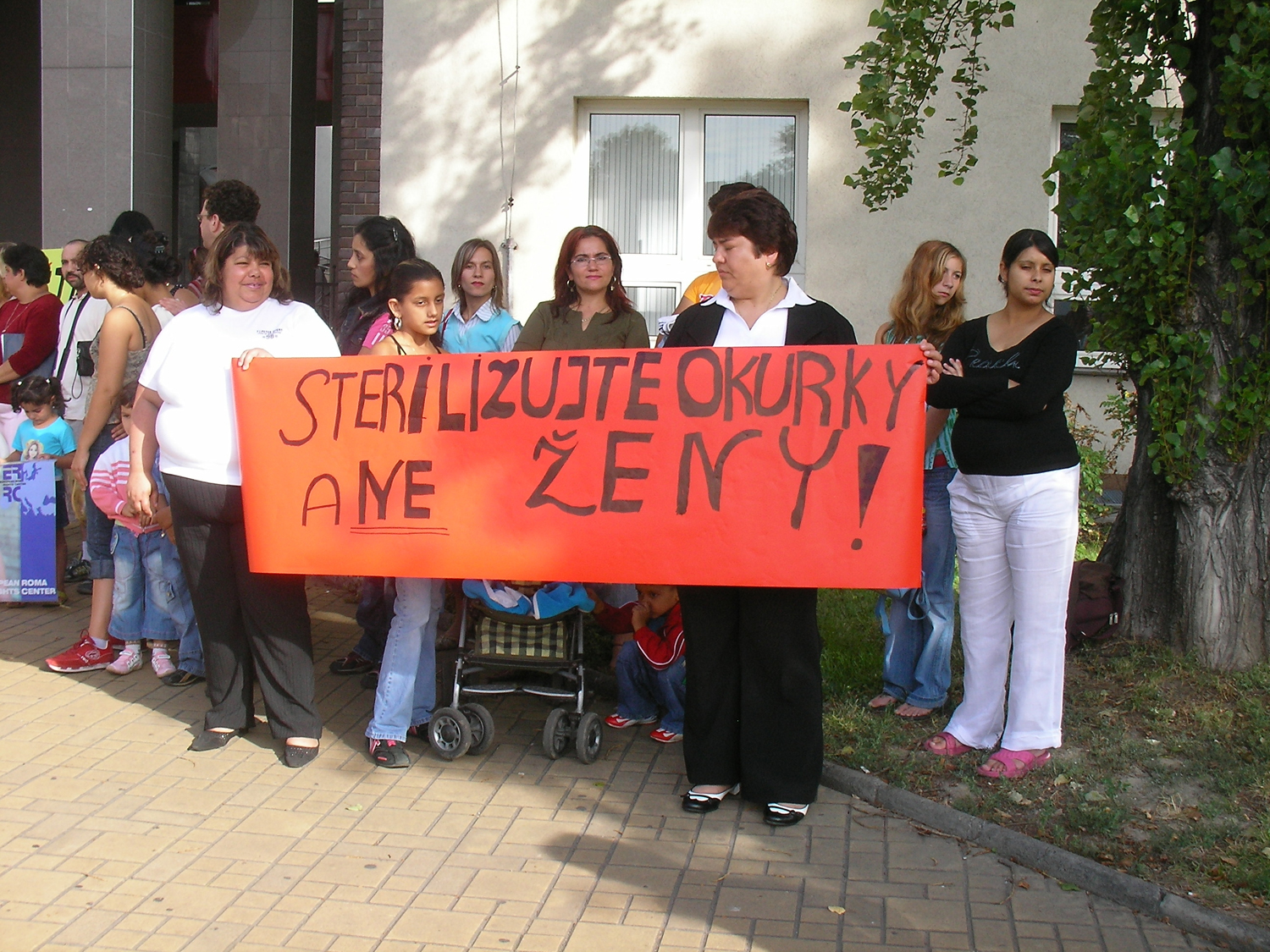
How International Media Outlets are Failing the Peace Movement in Israel and Palestine
By Rachel Riegelhaupt, a graduate student in human rights.
On Tuesday October 4th, the day after the Jewish New Year Rosh Hashanah, approximately 2,000 Israeli and Palestinian women set out on a 200 km peace march across the country, walking from Israel’s border with Lebanon to Jerusalem.
This March of Hope will officially culminate on Wednesday October 19th, and is being mirrored across the country with local rallies, treks, and cycle rides. Tens of thousands more women are expected to join the movement on the final day, marching from the Supreme Court, past the Knesset, and towards Prime Minister Netanyahu’s house where they have organized a rally demanding that “[Israeli and Palestinian] leaders work with respect and courage towards a solution to the ongoing violent conflict, with the full participation of women in this process.”
The march has been organized by Women Wage Peace, a non-partisan women’s movement founded by Jewish and Arab Israelis after the 2014 Israel-Gaza war, that promotes cooperation between Israeli...


